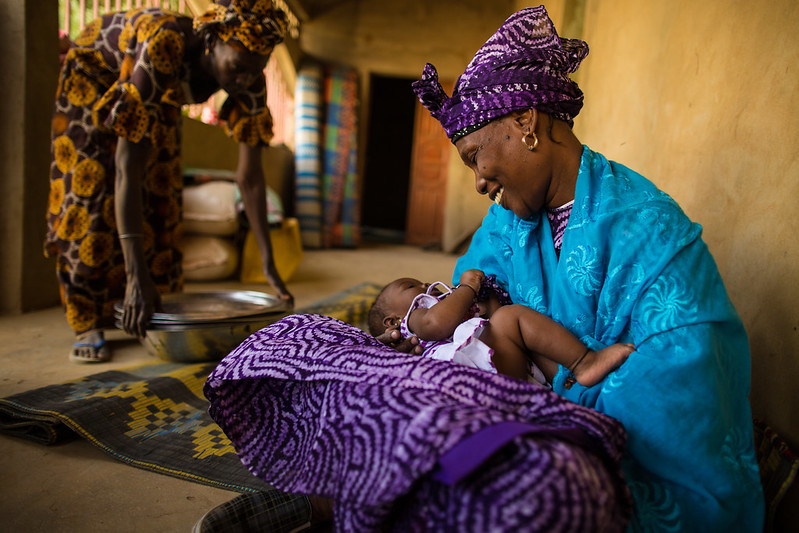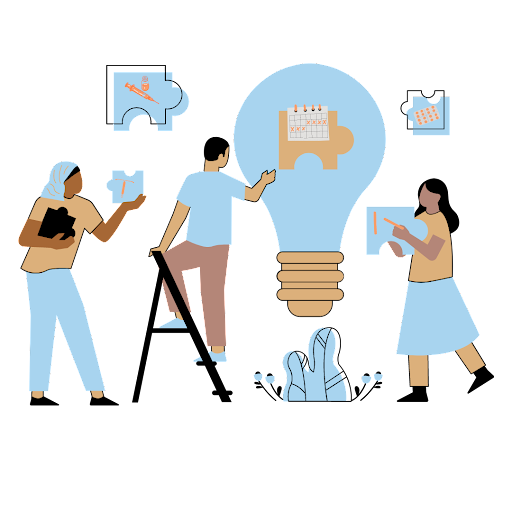Ida Rose Ndione: The Senegal self-care pioneers group is coordinated by PATH, in collaboration with the Ministry of Health, specifically the Directorate General of Health and the Directorate of Mother and Child Health. In this group, we are pleased to count a number of partners, including PRB with Knowledge SUCCESS, SOLTHIS, Acdev, ANJSR/PF, youth organizations, the siggil jigeen network, several civil society organizations, associations of health professionals and others. This mobilization around an essential health project for the benefit of our communities obviously calls for collaboration. This is one of the foundations of knowledge management. And so, through presentations on knowledge management to promote a better understanding of it, and concrete proposals on the impact that knowledge management could have on the group’s initial priorities, Knowledge SUCCESS offered its support. This strengthened the initial collaboration with DSME, PRB, youth partners, etc. Given the importance of documenting self-care experiences in Senegal, of sharing experiences, of learning from others and building on good practices to move forward, of having a good centralized documentary source accessible to all group members, etc., Knowledge SUCCESS worked with PATRICK to ensure that the group was able to move forward. Knowledge SUCCESS worked with PATH and PRB to create an internal virtual library for group members, co-organized a learning workshop to draw up a learning plan, and co-produced a blogpost with PATH on the progress of self-care in Senegal once the guide had been finalized, participated in the process of developing the national self-care guide, in which, with JSI, we provided the technical language to integrate a learning and knowledge management component, organized a peer assist between Senegal and Nigeria and piloted a recap of this activity by the participants, etc.







